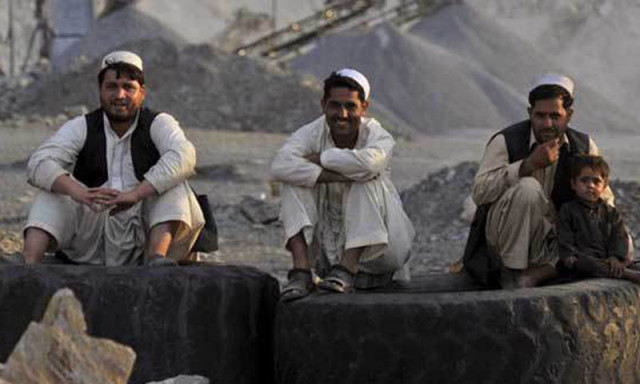FATA — an end to the wrangling
There has been virtually no change in the way the Fata have been governed and administered since Independence.

PHOTO: FILE
In purely administrative terms this is a gargantuan task. There has been virtually no change in the way the Fata have been governed and administered since Independence, and they remain largely unreconstructed, relics of colonial rule. They are hugely under-developed in terms of everything — health service, education and basic infrastructure such as roads and bridges. There is nothing beyond jeep tracks connecting agency-to-agency and each has a distinct tribal and ethnic identity. The rule of law is sketchy everywhere and there are no-go areas that are beyond the bounds of any government agency or law enforcement. Some of the agencies have harboured extremists and even now after operation Zarb-e-Azb cannot be termed ‘pacified’, let alone de-weaponised. The FCR is to be repealed and the people of Fata will vote in the 2018 election.
There is now an opportunity to right innumerable wrongs and give these remote areas an improved standard of living and access to basic services. This is not going to be quick or easy — or cheap. It may take a generation in reality, and the planned reforms optimistically talk of five years to complete the process. Difficult it may be but we warmly welcome this decision.
Published in The Express Tribune, March 3rd, 2017.
Like Opinion & Editorial on Facebook, follow @ETOpEd on Twitter to receive all updates on all our daily pieces.















COMMENTS
Comments are moderated and generally will be posted if they are on-topic and not abusive.
For more information, please see our Comments FAQ